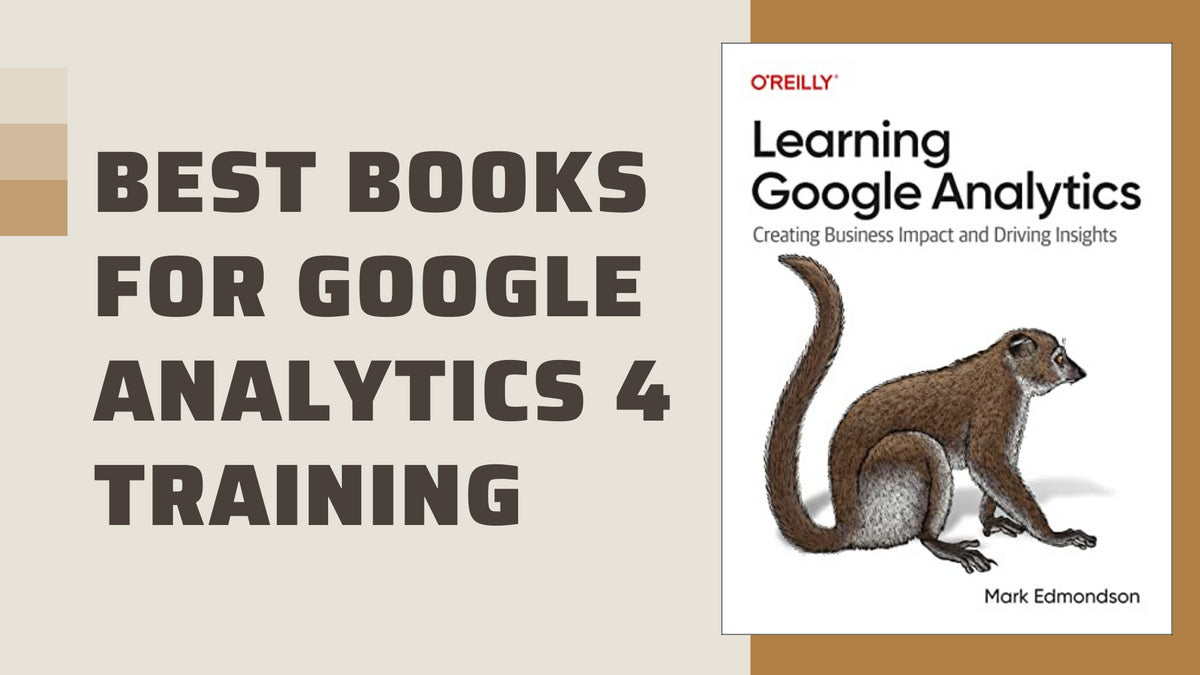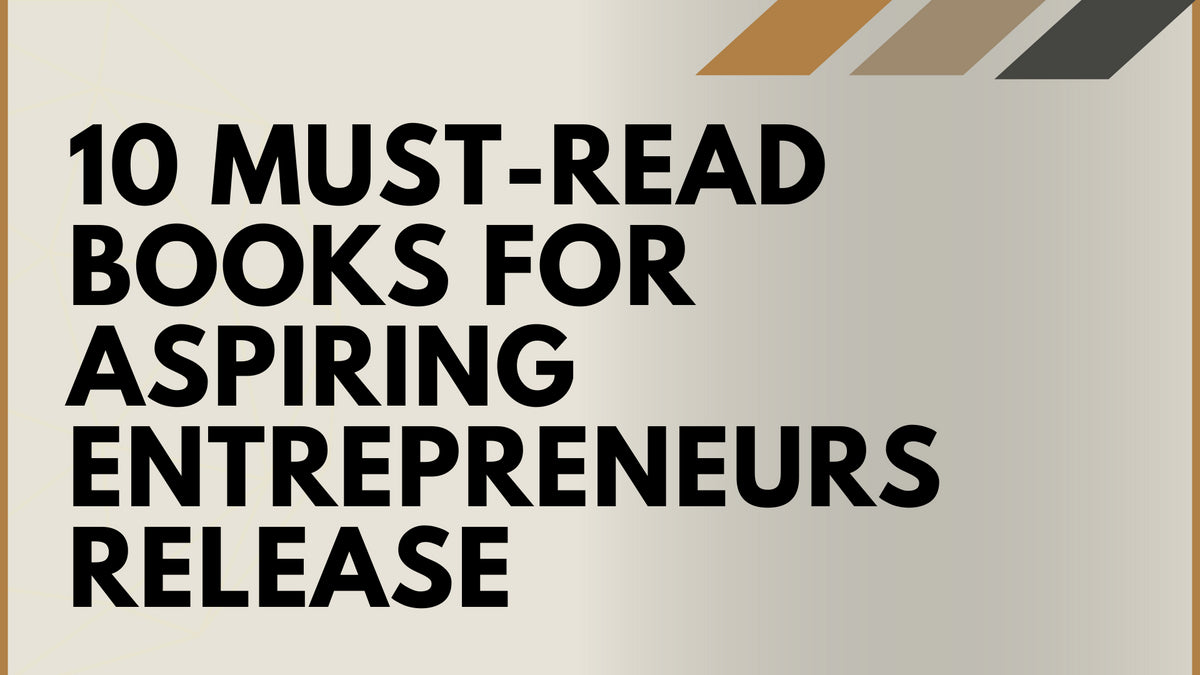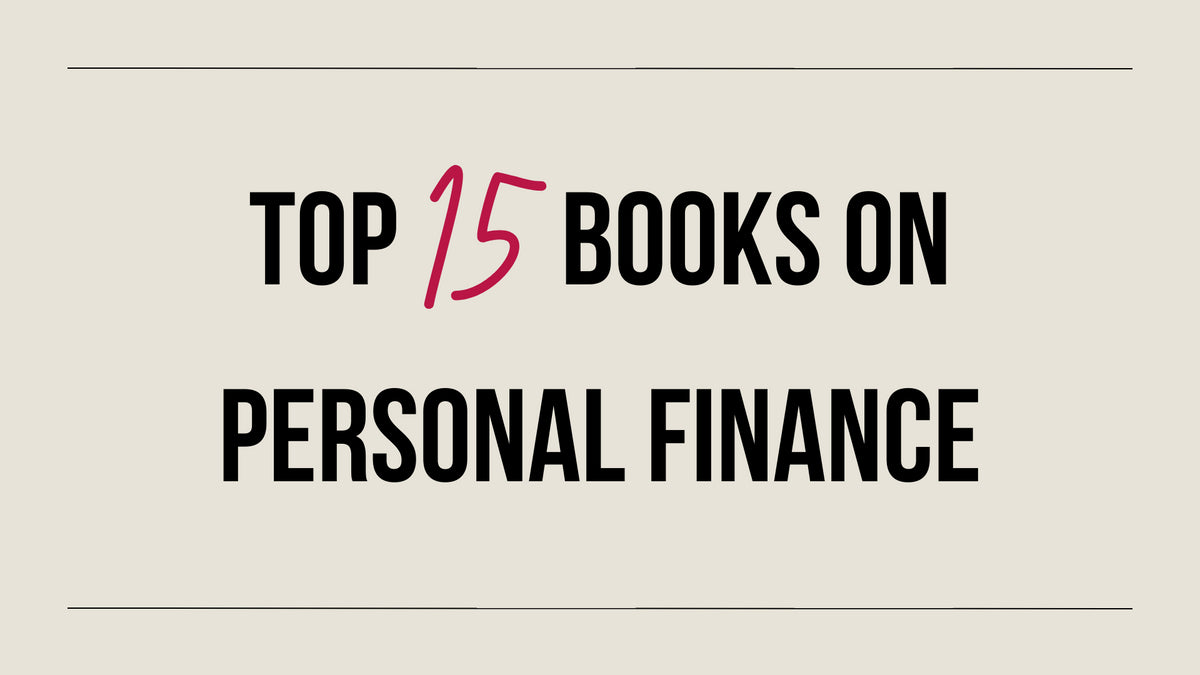Your Cart is Empty
King Icahn Book Review: Biography of Billionaire Carl Icahn
Listen To This Article
The book is a biography of Carl Icahn as an individual and an investor. He is a leading force in American restructuring and capital markets. His company Icahn Enterprises has interests in more than 100 companies with more than $15 billion combined revenues. The company has operations in the United States, Europe, Asia, and the Middle East.
As the title suggests, this book gives you an in-depth look at Carl Icahn's life and his successes in the investment world. The book's central theme is that Icahn made his fortune by making M&A specialized investments in different industries. This book will give you insight into Icahn's life and his business decisions, but it will also highlight his failures. In this book, Icahn provides, among other things, his views on topics such as the role of money in society and the benefits of capitalism. The founder of Home Depot is a deal junky like Carl and his biography is just as good: I Love Capitalism!

Featured In This Review
King Icahn Bio of Carl Icahn
$39.99
Biography of Carl Icahn is a billionaire's story of hostile takeovers done in the 1980's.
SHOP NOWLearn From The Hostile Takeover King
On December 24, 1936, Carl Icahn was born in New York City. His father was a successful businessman who ran an import-export business. Carl was the oldest of four children. He was enrolled at Princeton and later New York University's Medical School. Carl never had any interest in being a doctor, but it was his mother’s dream for him, so he tried. She thought he would have a meal ticket for life, but Carl just couldn’t do it.
After joining the army reserves for a brief stint, he picked up poker and took a liking to it right away. He was successful, but ended up losing everything when the market crashed in 1962. He realized his love of competition and outsmarting opponents though. Understanding his skill for reading a situation would serve him well in life.
Key Lessons From A Billionaire
Throughout the book there are countless stories of innovative ideas that Carl came up with. One of which was in his early days of options trading. Overshadowed by the larger firms, Carl needed to stand out. So he created a newsletter listing prices for options that he thought were fair based on recent transactions. This was a big deal because it brought transparency to an ambiguous industry. This was so disruptive that fellow industry elites conspired against him. To no avail though as disloyal parties to the alliance sided with Carl.
Want to buy a book review like this?
Click here to learn how to get your book reviewed!
Once experienced, he raised $400K from his uncle to buy a seat on the New York stock exchange. A steal at the time. Carl saw that the inflation era of the 1970s raised liquidation values for companies with real assets while at the same time these companies had depressed stock market values. Simple put, companies were undervalued.
Seeing an opportunity and going for it is a main key to success according to billionaire T. Boone Pickens in his biography The First Billion Is The Hardest. And that is exactly what Carl did. He created a partnership to take substantial positions in these undervalued companies and try to improve the value through influencing management to sell or liquidate assets or underperforming businesses within the company.

Carl Icahn, A Self-Made Man
In 1977 he had his first shot at implementing this strategy with Tappan Company. Remember at the time Carl was a nobody. He didn’t have a ton of money and this was still an unproven strategy.
When Carl bought his first chunk of shared the stock was at $7.50, but the book value was $20! Over the next few years Carl pushed leaders to sell the company. He navigated leadership’s attempts to block takeovers through issuing preferred shares. After these two years of tactical discussions and pressure, the company Electolux acquired the Tappan Company for $18 a share. An enormous premium. This minted Carl a massive profit, proved this strategy’s effectiveness and charted the course for Carl’s life the next 10 years.
Next on his hit list was a company called Baird & Warner. B&W was trading at $8.5 with a book value of $14. Sound familiar? Flush with cash and riding high off his recent win Carl quickly bought 20% of the B&W stock and insisted he get a seat on the board. They of course refused and Icahn get ready to do a proxy battle where you ask the shareholders to weigh in.
Several things happened like poor financial results, skipping dividends, and Carl pounced by bringing attention to improper property management expenses from an owned third party. This is when he truly became a corporate raider. He bought more stock up to 34% and started publicly talking about how few shares the management actually owned. Through a proxy battle he seized control of the company and liquidated assets. This built his war chest of cash for the deals to come.

How Billionaire Carl Icahn Invested
In a stroke of luck Carl bought a large position in a company called Saxon and after heavy negotiating they paid him greenmail to leave the company. Shortly after it was realized that the company’s accounting was fraudulent and the company was in terrible shape. If he didn’t take the greenmail his career would have been over. This missed tragedy impacted his willingness to take greenmail in the future too.
This book is full of amazing negotiation tactics and trials of hosting hostile takeovers on some of America's best known brands like Hammermill Paper, Marshall Field he made $30mm, he made $8mm on Dan River, Gulf & Western paid him $19mm in greenmail, B.F. Goodrich, and more.
Drexel was Icahn’s junk bond financier. They did many deals together. In one particular deal with Phillips Petroleum they wrote a letter with the purpose of instilling confidence in their ability to get financing by using the term “highly confident”. It was not a formal commitment but sounded perfect, got the deal done, and after making Carl $50mm it became a go-to strategy moving forward. This part of the book is detailed wonderfully. It really paints a picture of how different the world was in the 1980s.
Carl Switches Buys Trans World Airlines
Carl switched gears a bit in his life at this time. He bought TWA, Trans World Airlines, and wanted to run the company. Something he had done in the past. This is something he and billionaire Kirk Kerkorian have in common. You can read more about Kirk's lucrative stint in the airline industry in his biography: The Gambler. He was a proven arbitrageur, but unproven operator. And airlines are renown for being difficult to run. Though he enjoyed “owning an airline” it was, for many reasons, a mistake. He battled management to get control, fought for mergers, dealt with union wage concession negotiations, pension battles, and more.
He also didn’t really understand the leverage in the business. He was, “ amazed to see how a penny increase in fuel prices could cut earnings by about $14 million.”
During this challenging time Carl was shrewd. Scheduling negotiation meetings late into the evening after he had taken long naps during the day. One meeting was scheduled for 9pm and Carl showed up well rested at 11pm.
This and many other stories of Carl’s legendarily stiff and no-nonsense negotiating strategies will be enjoyed in this book. The subtleties of the way he avoids committing to anything and scheduling things when he knows people will be weak or tired are very unique. “Carl wears you down” is a quote that recaps this point well. He would often negotiate for 5 or 8 hours at a time.
Carl eventually brought the airline private, but the debt brought TWA to bankruptcy. Carl ended up getting out the TWA deal, but not without a massive pension battle that would threaten his entire fortune.

This book gives you an in-depth look at Carl Icahn's life and his successes in the investment world. The book's central theme is that Icahn made his fortune by making specialized investments in different industries, and taking over control of businesses to oust the selfish leadership. This book will give you insight into Icahn's life and his business decisions, but it will also highlight his failures. In this book, Icahn provides, among other things, his views on topics such as the role of money in society and the benefits of capitalism. Icahn also talks about the importance of spending time with close friends and family and the importance of stretching beyond your comfort zone.
Want to buy a book review like this?
Click here to learn how to get your book reviewed!
Leave a comment
Comments will be approved before showing up.
Also in Books

The Best Books for Google Analytics 4 (GA4) Training
Unlock the secrets of Google Analytics 4 with our curated list of the best GA4 training books for 2023! Dive deep into actionable insights, master advanced techniques, and lead the digital analytics revolution. Don't get left behind; discover the ultimate resources to dominate GA4. Click now to elevate your skills!
Read More
10 Must-Read Books for Aspiring Entrepreneurs
Do you dream of starting your own business? If so, you need to read this article! We've compiled a list of 10 must-read books for aspiring entrepreneurs. These books will provide you with the knowledge and inspiration you need to turn your dream into a reality. Click here to read the article and learn more!
Read More
Top 15 Books on Personal Finance
Are you looking for a safe and informative place to learn about personal finance? If so, you've come to the right place! This article discusses the top 15 personal finance books on the market, all of which are sure to help you improve your financial situation without any explicit sexual descriptions or that is sexually suggestive in nature or is primarily intended to cause arousal.
Read More